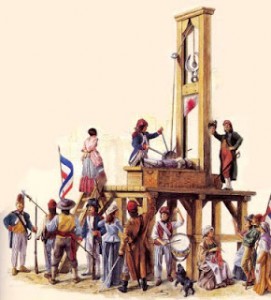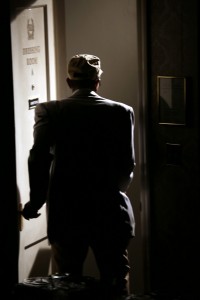 “He did not like to think that he was different from other people when he was writing. He did not want to ask for special consideration, he only wanted to explain why he was more vague at such times than he was ordinarily and why he was less patient with detail and why he seemed oblivious to the ordinary facts of life. You were living in two worlds when you were writing. You were trying, very unsuccessfully, to be omnipotent in the region of the imagination. You had delusions not so very unlike those of some man in an asylum who thought he was Napoleon Bonaparte. The main difference was that you never possessed the inmate’s sublime conviction. If you had any modesty at all—a very bad thing for a writer—you lived in a little hell of your own uncertainty.”
“He did not like to think that he was different from other people when he was writing. He did not want to ask for special consideration, he only wanted to explain why he was more vague at such times than he was ordinarily and why he was less patient with detail and why he seemed oblivious to the ordinary facts of life. You were living in two worlds when you were writing. You were trying, very unsuccessfully, to be omnipotent in the region of the imagination. You had delusions not so very unlike those of some man in an asylum who thought he was Napoleon Bonaparte. The main difference was that you never possessed the inmate’s sublime conviction. If you had any modesty at all—a very bad thing for a writer—you lived in a little hell of your own uncertainty.”
John P. Marquand, So Little Time





 No doubt John was intensely aware, as I was, of the fact that the New York run of Satchmo will end on Sunday afternoon. While I have reason to expect that the show will be produced in other cities, and that John will perform it in at least some of those cities, it’s still going to be tough to ring down the figurative curtain (Satchmo, like most modern plays, doesn’t have an actual curtain) on the final performance.
No doubt John was intensely aware, as I was, of the fact that the New York run of Satchmo will end on Sunday afternoon. While I have reason to expect that the show will be produced in other cities, and that John will perform it in at least some of those cities, it’s still going to be tough to ring down the figurative curtain (Satchmo, like most modern plays, doesn’t have an actual curtain) on the final performance.